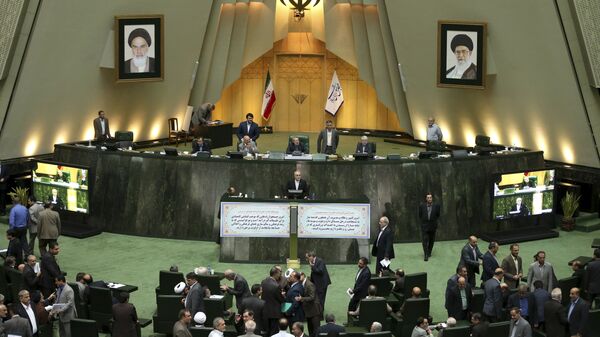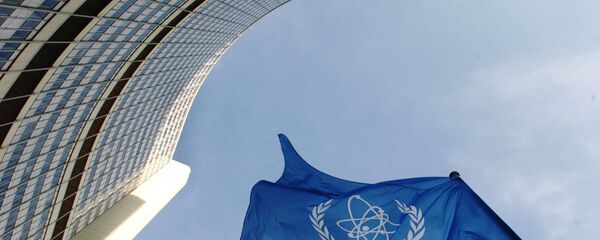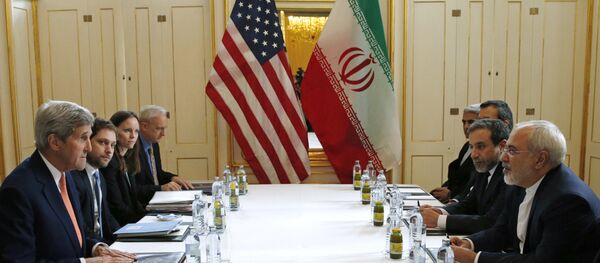Over the weekend, US Ambassador to the United Nations Nikki Haley met with officials from the International Atomic Energy Agency (IAEA), the UN-affiliated international organization whose stated purpose is to promote the peaceful, non-military use of nuclear weapons. The IAEA has been tasked with ensuring that Tehran abide by their terms of the 2015 Joint Comprehensive Plan of Action (JCPOA) and not produce weapons-grade plutonium or enriched uranium that could be used for nuclear weapons.
Part of the agreement was that the IAEA could send inspectors to Iranian sites, including military ones, if they believed that illegal nuclear activities were being undertaken there. Iran has traditionally been cagey about letting international inspectors into their military complexes to check for nuclear activity, citing national security concerns.
But the administration of US President Donald Trump has been very negative about the JCPOA, which was negotiated in part by Trump's predecessor, Barack Obama. The hyperbolic American president once called the JCPOA the "worst deal ever negotiated."
Haley expounded: "They have a very strong verification program in Iran, I was pleased to hear about all that they are doing. Having said that, as good as the IAEA is, it can only be as good as what they are permitted to see. Iran has publicly declared that it will not allow access to military sites, but the JCPOA makes no distinction between military and non-military sites."
"There are also numerous undeclared sites that have not been inspected yet — that's a problem," she said. "I have good confidence in the IAEA, but they are dealing with a country that has a clear history of lying and pursuing covert nuclear programs."
But IAEA officials declined Washington's request. "We're not going to visit a military site like Parchin just to send a political signal," an anonymous IAEA official told Reuters, referring to the controversial Iranian military base that the IAEA last inspected in 2015.
Instead, IAEA officials stated, they would search only if they suspected Iranian misdoing. The JCPOA only allows for IAEA searches if they can provide a basis for their concerns. Another anonymous IAEA official told Reuters that they hadn't asked for access to Iranian military sites because they had "no reason to."
IAEA Director General Yukiya Amano frequently describes his agency as an apolitical one, only concerned with ensuring that states are not engaging in nuclear mischief.
Meanwhile, the US State Department issues a statement to Congress every 90 days regarding whether or not Iran is still in compliance with the JCPOA. Trump has pushed for the State Department to declare Iran noncompliant.
However, the UN, the IAEA, France and Russia have all pushed to keep the JCPOA, and for the US to declare Iran compliant. France and Russia also signed the JCPOA, along with the United Kingdom, China and Germany — and, of course, Iran and the US.
"If [the Trump administration] want to bring down the deal, they will," the first IAEA official said. "We just don't want to give them an excuse to."





